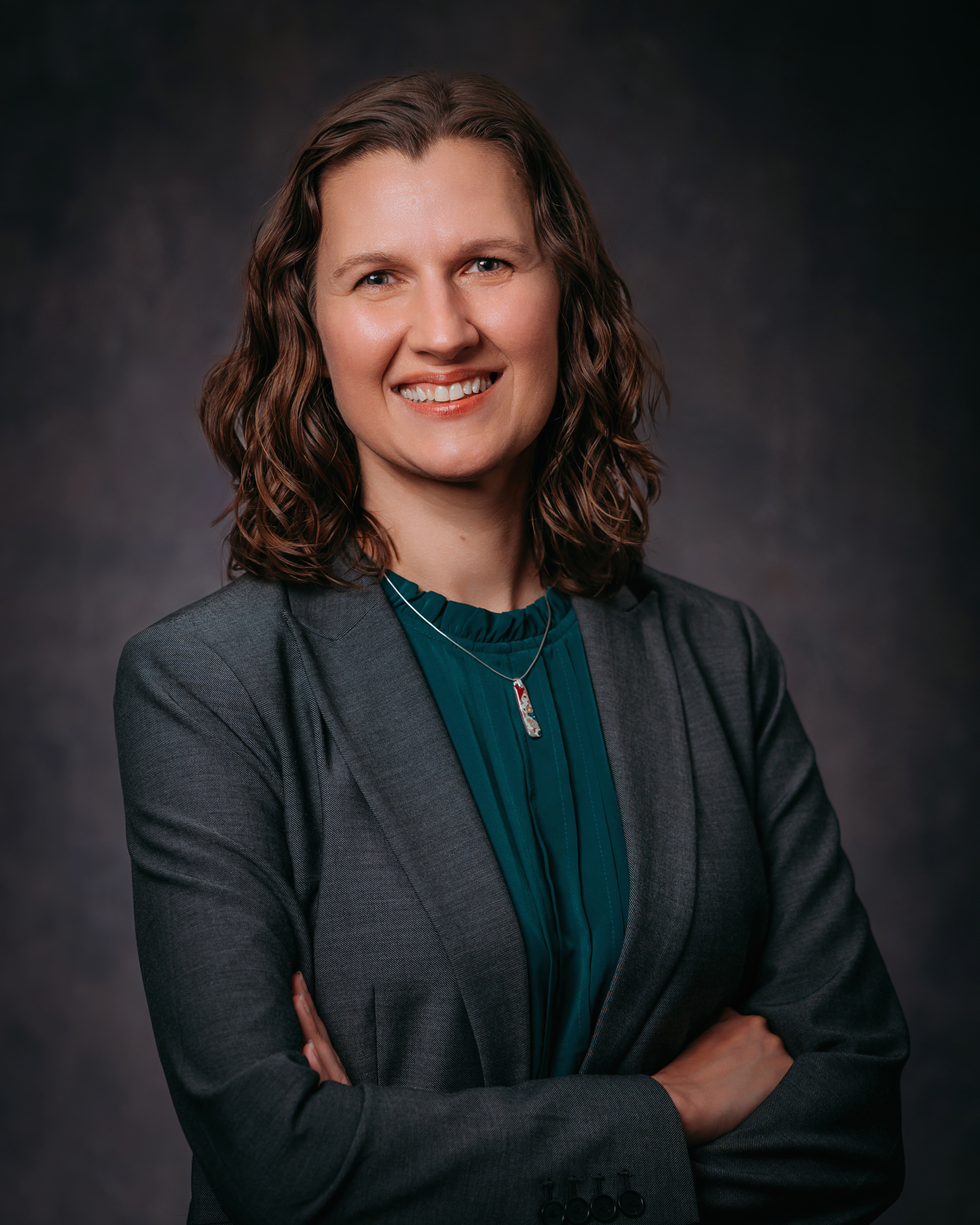
This week at a senior staff meeting, we started talking about how our teams were doing and what we were doing to support them. In this conversation we realized that all our teams had experienced extraordinarily difficult semesters. We had an amazingly high number of deaths of loved ones, incredibly high numbers of hospitalizations, surgeries and ER visits for ourselves and loved ones, and more sick kids and snot than I can count (my own house recently went through three boxes of tissues in a matter of days). We are all mentally, physically and emotionally exhausted. As I spoke with coworkers in other units, it was clear this is a widespread experience and feeling across campus.
I want to take a moment to acknowledge and normalize this feeling. If you and your team are experiencing this, you are not alone. Sadly, this is the experience many (most?) of us on campus are having right now. Since I try to make sure these posts focus on suggestions for what we can do, I want to include what I have been doing to recognize the environment we are working in and think about how we can continue to support students and student success within this moment.
First, we have all heard the adage of when you are juggling multiple balls, balls are going to get dropped. But what’s important is knowing which balls can bounce and which will break if dropped. I have taken this a step further and started to think about which balls can we set aside for a while? We are conditioned to think that all the balls are glass and none of them can be set aside or dropped, so I have started to ask myself and my colleagues: “What would happen if we didn’t do that? Would it harm students? Our team? Our colleagues? Are there smaller things we can do to focus on preventing the harm without needing to do all the work?” Or “If that went completely terribly, what would happen? Is there something we can do to prevent that from happening without doing it all?” And “Does this need to be you who does this? Is there anyone else doing this or similar work? Can we partner with others?” This has helped us realize that some of the balls can indeed be set aside, some of the balls can bounce, and some of the balls can be passed to other colleagues (sometimes permanently and sometimes back and forth as time and energy allows).
Second, I have learned that to stay grounded, I need something physical that centers me. In my office, right in front of where I work, I have a board with several papers pinned to it. This includes a note with the current opportunity gaps, several quotes related to equity work in higher education, and several notes reminding me about self-care. This helps center me even on the difficult days and reminds me why I do this work but also that I need to keep my eye on self-care for myself and my colleagues. With more and more meetings in person and away from my office, I also got a new tangible reminder that I take with me. Every day I now wear two bracelets: one bracelet is beaded with small mountain range charms on it and the other bracelet has three small pearls. The mountain range reminds me of my moving boulders analogy and centers me on keeping student success and equity at the center of all I do. The pearls remind me that beautiful things can come from stress and trauma (which we have all experienced so much of recently), but if there is too much stress (we are not mindful of self-care), the pearl may not grow or not have its full potential. These tangible reminders around my wrist help center me in the work yet remind me to ensure my colleagues and myself focus on self-care as well.
What have you found has helped you continue to move work forward while being mindful of the environment we all find ourselves in? I would love to hear from you.